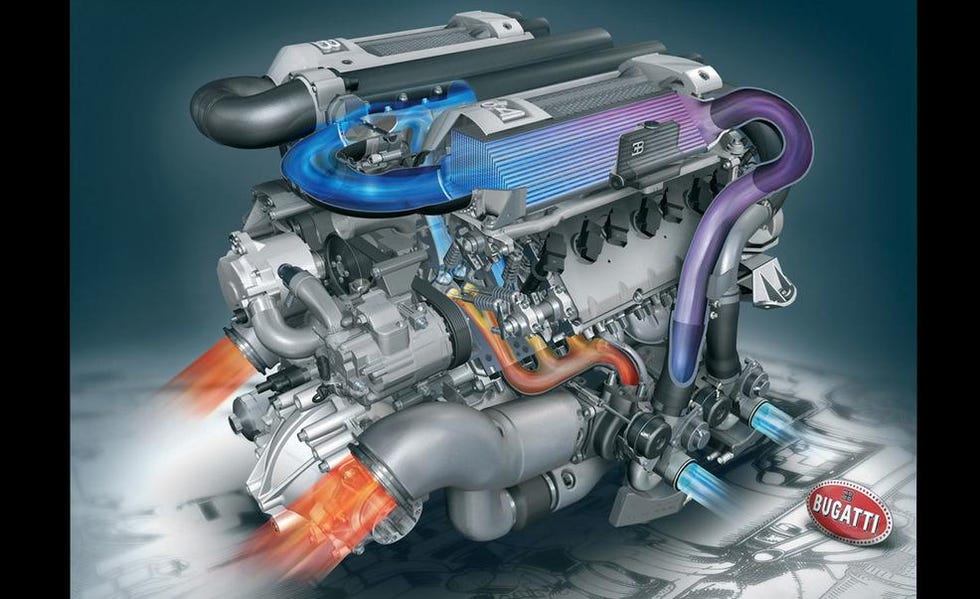A Complete Guide to Choosing the Right Engine for Your Job
Picking the suitable engine for your task is an important choice that can substantially affect its overall success. It is imperative to thoroughly specify your project needs, assess performance demands, and think about user-friendliness alongside various other vital elements. Furthermore, comprehending the neighborhood assistance offered and scrutinizing price ramifications can additionally fine-tune your choice. Each of these components plays an essential role in ensuring that your selected engine not just fulfills prompt objectives but likewise straightens with long-term aspirations. As we check out these considerations, you may find that the subtleties of each element reveal greater than at first anticipated.
Define Your Job Requirements
Specifying your job needs is a crucial action in selecting the ideal engine for effective implementation. A thorough understanding of your job's objectives will certainly direct you in identifying the capacities and functions required from an engine. Begin by detailing the scope of your task, including the wanted functionality, target market, and the specific results you aim to accomplish.
Next, think about the technological requirements that straighten with your task goals. This consists of evaluating the compatibility of the engine with existing systems, in addition to the programming languages and structures that will be used. Furthermore, assess the degree of scalability needed to suit future growth or modifications popular.
Budget restrictions additionally play a vital function in specifying your task needs. Establish a clear monetary structure to lead your decision-making process, making sure that the engine picked fits within your spending plan while offering the needed capability.
Evaluate Efficiency Needs

Engines that sustain straight scaling are commonly more effective for larger applications. Furthermore, assess the engine's performance under various problems, such as peak usage scenarios, to guarantee it fulfills your dependability requirements.
Consider Ease of Usage
While technical specs are vital, the simplicity of use of an engine can significantly influence the advancement process and total task success. An intuitive user interface, clear paperwork, and structured workflows can dramatically minimize the knowing curve for programmers, enabling them to concentrate on creative thinking and analytical as opposed to coming to grips with complex devices.
When assessing an engine's ease of usage, consider the onboarding experience. A well-structured intro, complete with tutorials and example projects, can assist in a smoother transition for new customers. Furthermore, the clarity and comprehensiveness of the engine's paperwork play a crucial role; thorough guides and API referrals can equip programmers to fix and apply functions successfully.
Another element to consider is the engine's personalization capacities. An engine that enables simple alterations can be much more straightforward, as developers can tailor it to fit their specific demands without comprehensive problem. Finally, examine the workflow integration with systems and devices you currently utilize. A natural community can improve performance and reduce friction during the advancement process. Inevitably, picking an engine that focuses on convenience of use can result in a much more effective and enjoyable development experience.
Assess Community and Assistance
The stamina of an engine's community and assistance network can significantly affect a designer's experience and success. When assessing an engine, take into consideration the dimension and task level of its area.
Furthermore, assess the schedule of official assistance channels. Trusted paperwork, receptive customer assistance, and regular updates are necessary for dealing with technological issues and keeping your task on track. Engines For Africa. Energetic communities likewise cultivate collaboration, pop over to these guys giving opportunities for networking and comments, which can be invaluable, especially for little groups or independent programmers
Furthermore, explore the presence of community-run events, such as hackathons or meetups. These celebrations can enrich your understanding of the engine while attaching you with possible partners and seasoned users. In summary, a durable area and assistance system not only improve advancement however additionally develop an environment for discovering and advancement, inevitably boosting the likelihood of your project's success.
Compare Cost and Licensing Options
Budget considerations play a critical duty in selecting the right engine for your project, as the cost and licensing options can considerably affect both temporary expenditures and lasting stability. Engines For Africa. Get More Info Various engines supply differing rates frameworks, which can consist of single acquisition costs, registration versions, or revenue-sharing arrangements based upon your task's revenues

Certifying choices likewise vary considerably. Some engines are open-source, supplying look at this now versatility and community-driven support, while others may require exclusive licenses that restrict use and circulation. Recognizing the implications of each licensing design is essential, as it impacts possession civil liberties, future scalability, and potential lawful commitments.
Final Thought
Finally, choosing the proper engine for a project demands a comprehensive examination of specified project needs, performance needs, simplicity of usage, neighborhood assistance, and expense factors to consider. By systematically attending to these vital factors, decision-makers can ensure alignment with both existing and future task needs. A well-informed option ultimately enhances the chance of job success, allowing efficient resource allocation and making best use of potential results within the specified financial restraints.
Choosing the appropriate engine for your job is a crucial choice that can dramatically affect its overall success.Defining your project requires is an important step in selecting the suitable engine for successful application. An extensive understanding of your job's goals will certainly guide you in identifying the abilities and functions required from an engine.When you have a clear understanding of your task requires, the next step is to assess the performance needs of the engine.In verdict, selecting the appropriate engine for a job necessitates an extensive evaluation of defined job demands, performance requirements, ease of use, neighborhood assistance, and price factors to consider.